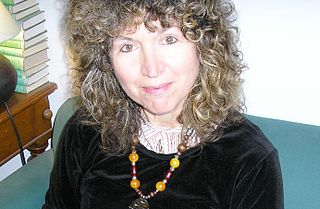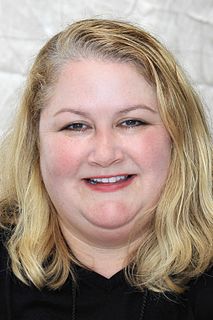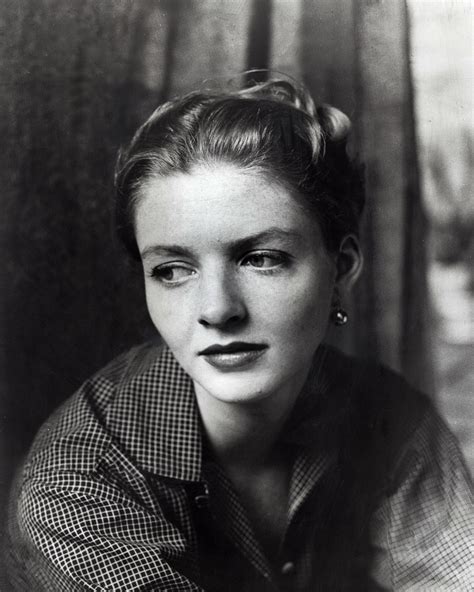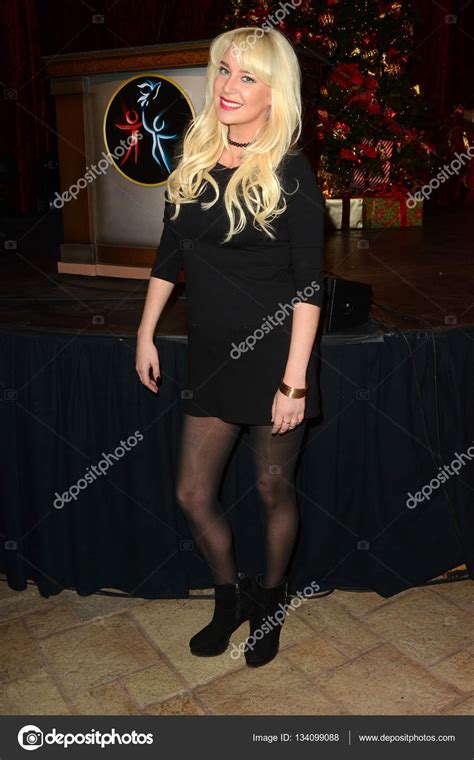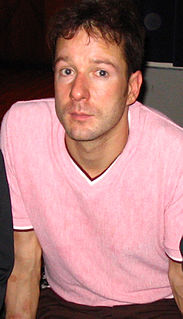A Quote by James Hillman
Each of us needs an adequate biography: How do I put together into a coherent image the pieces of my life? How do I find the basic plot of my story?
Related Quotes
How our story has been divided up among the truth-telling professions! Religion, philosophy, history, poetry, compete with each other for our ears; and science competes with all together. And for each we have a different set of ears. But, though we hear much, what we are told is as nothing: none of it gives us ourselves, rather each story-kind steals us to make its reality of us.
If we wish to know about a man, we ask 'what is his story--his real, inmost story?'--for each of us is a biography, a story. Each of us is a singular narrative, which is constructed, continually, unconsciously, by, through, and in us--through our perceptions, our feelings, our thoughts, our actions; and, not least, our discourse, our spoken narrations. Biologically, physiologically, we are not so different from each other; historically, as narratives--we are each of us unique.
Most Christians who've been around for a while have their Story in bits and pieces, but have never seen how powerful it really is when assembled as a whole. I want them to see how well it fits together and how it offers tremendous explanatory power regarding the world as we actually find it. I want them to see how it resolves the problem of evil, and why God's solution - the God/man Jesus - is the only solution.
I believe no matter how much you research a person's life. No matter how long you spend, the person always remains a mystery. I go by this quote that Mark Twain said about the definition of a biography: a biography is the clothes and buttons of a man or a woman but the real story is in the person's head and that you can never know. I don't think it's possible to get the whole picture, ever.
I'm a filmmaker, but my working procedures are different. All my basic structuring is done during the filming. You know, how long I keep the shot, the exposure or the speed - slower or faster, etc. That's structuring. And then there is a second stage of structuring that comes later when I begin to put those pieces together.
I was interested in the ways we can write biography. When you're first starting to write about your own life it feels so shapeless because you don't know how to make your own story cohesive. How do I pluck a story out of the entirety of what it means to be alive. It occurred to me recently that when you're telling a story about your own life, rather than taking a chunk, you're kinda like lifting a thread from a loom.
I started out as a poet who primarily wanted to write about image and moment. Over the years I've been trying to teach myself how to do plot and scene. My first story collection had the most issues with the plotlessness, and when I was writing my second collection I was teaching myself how to make things happen.

